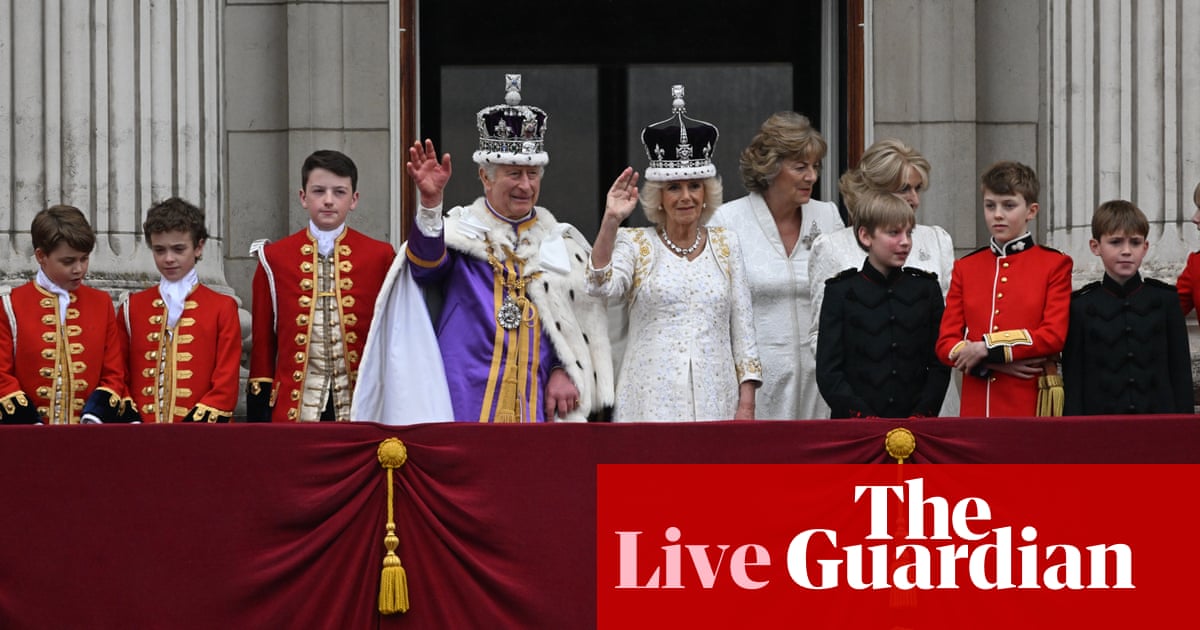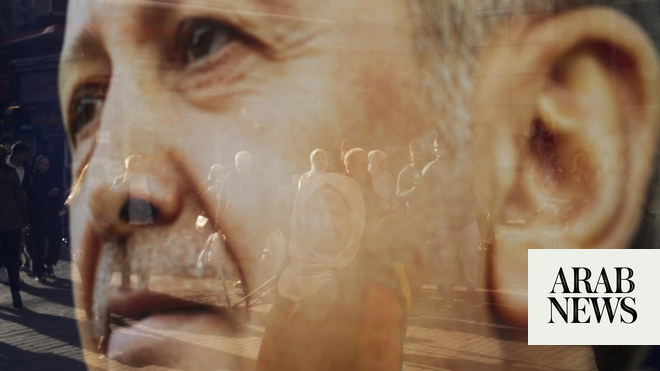
Turkey’s president is gambling that a strong economic recovery from the pandemic will stay on track despite rocketing inflation that has hit living standards and sparked protests in major cities.
The $750bn economy is on course to expand by 9% this year following a return of tourism and a surge in demand for exports that has pushed factory output to pre-pandemic levels.
However, Recep Tayyip Erdoğan’s declaration of an “economic war of independence” has pitched him against many in his own party and the country’s technocrats who fear an inflation rate running at 20% will create further bouts of social unrest.
“Some people who wanted to convey the opinion to the president that a different policy should be followed were not successful in this,” a senior official in the ruling AK party told Reuters, requesting anonymity.
Three central bank governors who stood against Erdoğan’s demand for lower interest rates have been sacked since mid-2019, leaving the way clear for the governor since March, Şahap Kavcıoğlu, to bring down the base rate in three separate cuts from 19% to 15%.
Rather than prompt a revival of foreign investment, lower interest rates have confirmed to investors the government’s lack of resolve in tackling inflation, causing the currency to fall further.
Small protests in Istanbul and the capital, Ankara, on Tuesday called for an end to policies that have led to an inflationary spiral and a 40% slump this year in the lira to below 8 US cents.
Police erected barriers in parts of Istanbul, the commercial capital, as protesters vented their fury against the AK-led coalition government, reported Bloomberg.
Erdoğan, though, remains defiant. On Wednesday he sought to deflect attention from his economic woes with a visit from the de facto leader of the United Arab Emirates, Abu Dhabi crown prince Mohammed bin Zayed al-Nahyan.
A series of deals between the two sides, including a $10bn investment fund, pushed the lira up 6%, ending the longest losing streak in two decades.
Paul Jackson, global head of asset allocation research at Invesco, said any respite was likely to be shortlived, with the currency falling further in the coming months.
“There are worrying signs of instability from strong monetary growth, an inflation rate that has hit 20% and house price growth that has jumped to 35%. And even though the money supply has come down lately, successive cuts in interest rates mean the inflation rate will remain high.
“It all means that what the president is doing is dangerous and damaging for the economy,” he said.
Erdoğan came to power as prime minister in 2003 and engineered a change in the constitution that transferred most powers to the president in 2014. In the same year he was elected president, and was re-elected in 2018.
In both roles, Erdoğan has always prioritised jobs and growth. Concerned that the nation’s young population might be restless without employment, he handed huge tax breaks to international firms looking to build manufacturing bases outside high-cost Europe.
After the 2008 banking crash, he relied on figures such as the finance minister Mehmet Şimşek, a former UBS and Merrill Lynch banker, to reconstruct the economy.
Galip Dalay, an associate fellow at the thinktank Chatham House, said the period when Erdoğan surrounded himself with experts to chart economic policy was long gone.
“The whole economic team he built in 2011 has gone. The most important qualification now is loyalty,” he said.
The president’s version of economic independence rests on a theory that low interest rates will fire up investment to boost jobs and growth.
Jason Tuvey, a Turkey expert at the consultancy Capital Economics, said that in the run-up to the 2018 election campaign, interest rates fell and the economy boomed, yet the lira fell, ushering in high inflation.
After the economy was allowed to overheat, there was a return to more orthodox central bank policies. But the president’s erratic policymaking discouraged foreign investment and the lira continued to fall, ushering in further bouts of inflation through high import costs.
Tuvey said: “Turkey’s banks are in better shape than in 2018 when a borrowing spree in foreign currencies made them vulnerable to a slump in the lira. But if households lose confidence, there could still be a run on the banks.”
Dalay said the president’s situation was becoming precarious. Elections are due in 2024, but could be brought forward if the economy looks like deteriorating further.
“What you are seeing now is not part of a grand strategy, but a huge gamble that could come unstuck,” he said.












